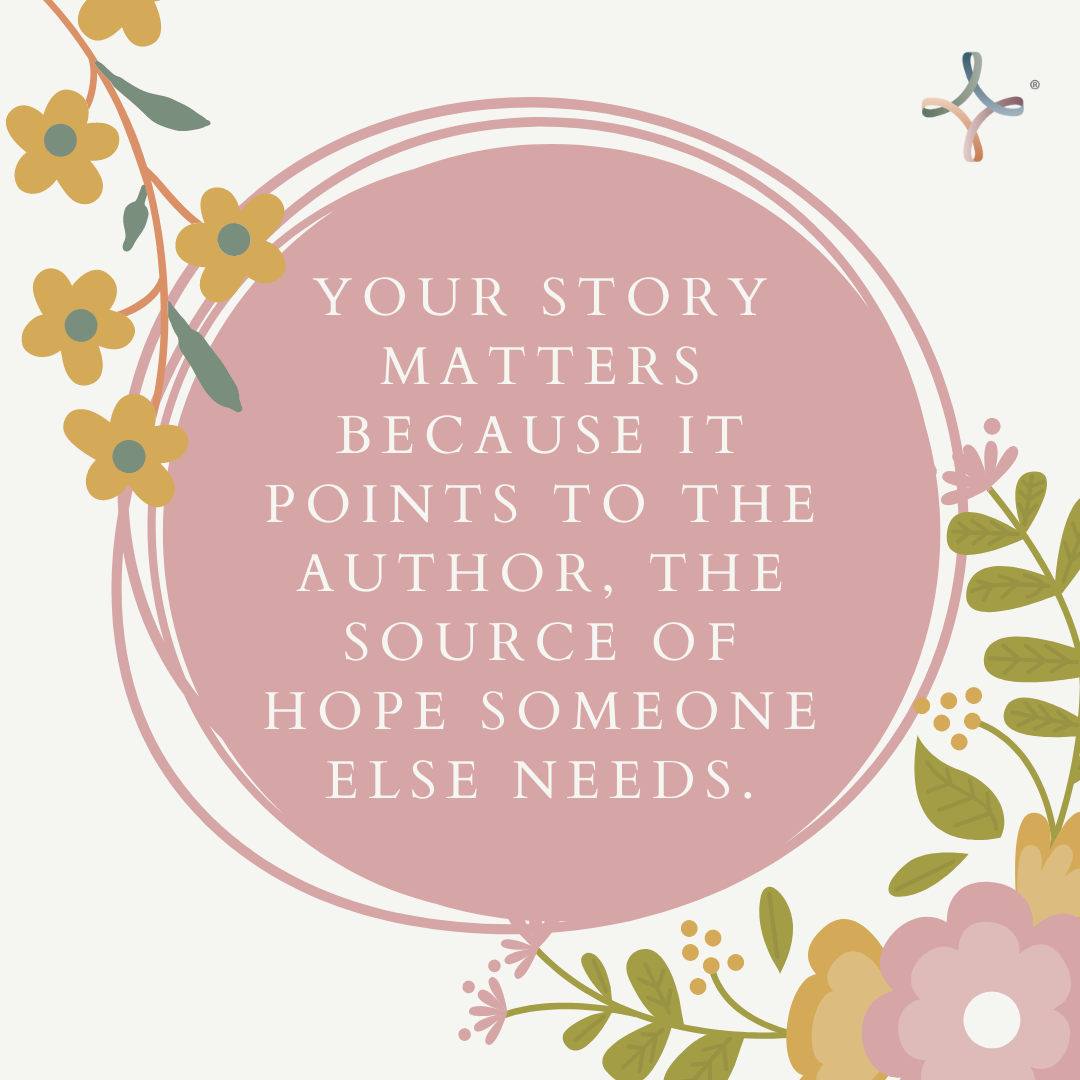[vc_row type=”in_container” full_screen_row_position=”middle” column_margin=”default” column_direction=”default” column_direction_tablet=”default” column_direction_phone=”default” scene_position=”center” text_color=”dark” text_align=”left” row_border_radius=”none” row_border_radius_applies=”bg” overflow=”visible” overlay_strength=”0.3″ gradient_direction=”left_to_right” shape_divider_position=”bottom” bg_image_animation=”none”][vc_column column_padding=”no-extra-padding” column_padding_tablet=”inherit” column_padding_phone=”inherit” column_padding_position=”all” column_element_spacing=”default” background_color_opacity=”1″ background_hover_color_opacity=”1″ column_shadow=”none” column_border_radius=”none” column_link_target=”_self” column_position=”default” gradient_direction=”left_to_right” overlay_strength=”0.3″ width=”1/1″ tablet_width_inherit=”default” tablet_text_alignment=”default” phone_text_alignment=”default” animation_type=”default” bg_image_animation=”none” border_type=”simple” column_border_width=”none” column_border_style=”solid”][vc_column_text]Does it ever amaze you that Shakespeare’s “Romeo and Juliet” has endured and multiplied through the years? The ending is tragic. But movies keep being made, spinoffs are created, and musicals are produced year after year. Why?
I think it’s because of the power of story.
We are drawn to stories from the start of our lives. Do you remember a parent tucking you into bed and reading to you? Or can you recite from memory that one book your children made you read every night? (Guess How Much I Love You, anyone?) We have a nearly insatiable hunger for good stories full of tension, climax, drama, good and evil, and ultimately triumph.
For Naomi, an Israelite woman who lost her sons, her story also appeared tragic. And yet, there hinted a glint of hope. “Where you go, I will go,” her daughter-in-law Ruth said to her (Ruth 1:16). Naomi and Ruth shared the pain of mourning. It looked like their stories were over.
Then this: (Ruth 4:13-17):
13 So Boaz took Ruth into his home, and she became his wife. When he slept with her, the Lord enabled her to become pregnant, and she gave birth to a son. 14 Then the women of the town said to Naomi, “Praise the Lord, who has now provided a redeemer for your family! May this child be famous in Israel. 15 May he restore your youth and care for you in your old age. For he is the son of your daughter-in-law who loves you and has been better to you than seven sons!”
16 Naomi took the baby and cuddled him to her breast. And she cared for him as if he were her own. 17 The neighbor women said, “Now at last Naomi has a son again!” And they named him Obed. He became the father of Jesse and the grandfather of David.
Triumph.
Naomi and Ruth’s descendants would go on to birth the Messiah!
Our lives also tell stories. Truthfully, some are probably not wrapped up in triumph just yet. They’re still awaiting the final victory.
But that’s what hope is.
It’s trusting the Author and Finisher of our story.
We have celebrated being life-givers, considered our pain, and named our passion in the last few weeks. Are you starting to see a pattern? Is a story stirring inside of you? It’s time to start speaking that narrative, jotting the illustrations you can see, and recognizing God’s vision to beautify your story and the stories others might imagine through it.
Your story matters because it points to the author, the source of hope someone else needs.
In an open discussion some friends had about what they needed most, one vulnerably said through tears, “I need a survivor.” She needed to hear someone’s story in a way that carried proven hope.
Pray: God, what story are you writing with my life to this point? What in my story might help others?
Sow: Ask another woman her story this week. It can open the door to relationships that love others toward Jesus when we say, “I want to know more. Tell me your story.” And then listen.[/vc_column_text][/vc_column][/vc_row]

